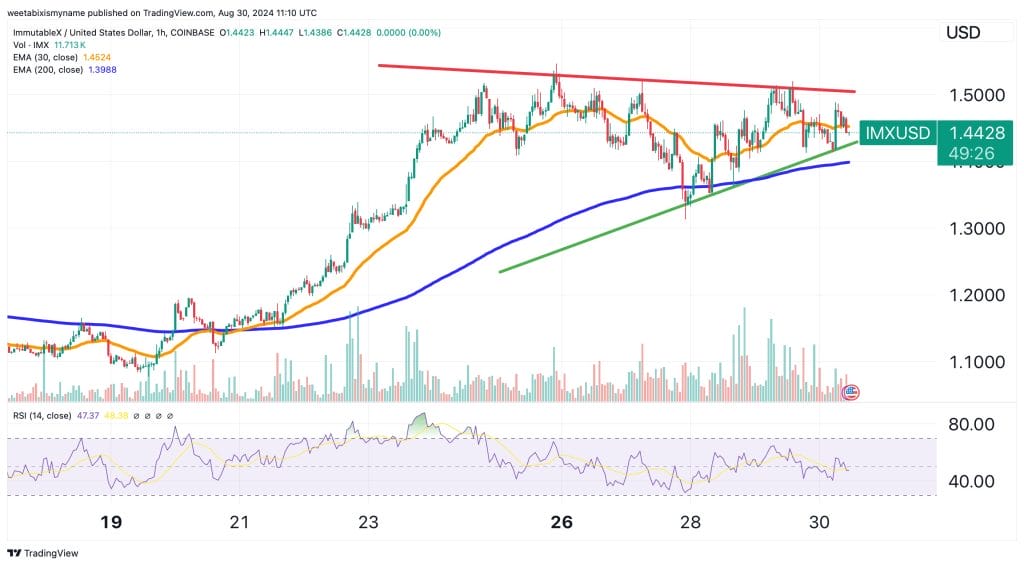Last updated:
 Why Trust Cryptonews
Why Trust Cryptonews

The UK Parliament introduced the Property (Digital Assets, etc.) Bill on September 11. The bill seeks to clarify the legal status of digital assets, including cryptocurrencies, non-fungible tokens (NFTs), and other tokenized assets.
This bill represents the first time in British history that digital holdings will be formally recognized as personal property under English and Welsh law.
The legislation is expected to provide enhanced legal protection for digital asset owners and position the UK as a competitive player in the global digital assets space.
UK Cryptocurrency Bill: Recognizing Crypto as Personal Property
The Property (Digital Assets, etc.) Bill proposes the introduction of a new category of personal property specifically for digital assets, alongside the existing categories of “things in possession” (such as gold, money, and cars) and “things in action” (such as debts and shares).
This new category will allow certain digital assets, including cryptocurrencies and NFTs, to be treated as personal property under British law.
This change directly addresses the legal uncertainty surrounding digital assets, which has left many owners in a legal grey area when their assets were tampered with or interfered with.
Justice Minister Heidi Alexander emphasized the importance of updating the law to reflect evolving technologies.
She stated, “It is essential that the law keeps pace with evolving technologies and this legislation will mean that the sector can maintain its position as a global leader in crypto assets and bring clarity to complex property cases.”
The bill is intended to help judges and legal professionals navigate disputes involving digital assets, such as ownership claims during divorce proceedings, fraud cases, and disagreements over asset ownership.
By strengthening the legal framework, the bill provides essential protections for digital asset owners, offering reassurance against fraud and scams.
Complete Legal Protections For Crypto Owners: The Biggest Crypto Bill In British History?
With the formal recognition of digital assets as personal property, the UK seeks to maintain its leadership in the global tech industry.
This is expected to attract more business and investment to the UK’s legal services sector, which already contributes £34 billion annually to the economy.
Justice Minister Alexander pointed out that English law governs a substantial portion of global legal matters, including £250 billion of mergers and acquisitions and 40% of corporate arbitrations worldwide.
Keeping the legal framework up to date is seen as essential to ensuring that the UK remains the preferred jurisdiction for international legal services.
The introduction of this bill follows recommendations from the Law Commission, which conducted a thorough review of digital assets in response to a request from the Ministry of Justice.
The 2023 report by the Law Commission identified obstacles to recognizing digital assets as property under English and Welsh law and proposed legislative solutions.
The report concluded that, while some digital assets do not fit neatly into existing property categories, they should still be capable of attracting personal property rights.
The timing of this bill is particularly important, given recent challenges in the UK’s crypto regulation landscape.
The Financial Conduct Authority (FCA) recently reported an 87% failure rate among crypto firms seeking licenses under the country’s anti-money laundering regulations in the latest fiscal year.
Of 35 applications, only four were approved, highlighting issues such as long wait times and a lack of clarity from the FCA.
Once the bill is enacted, it will provide a more transparent legal framework for handling digital assets, giving both owners and businesses greater confidence.




